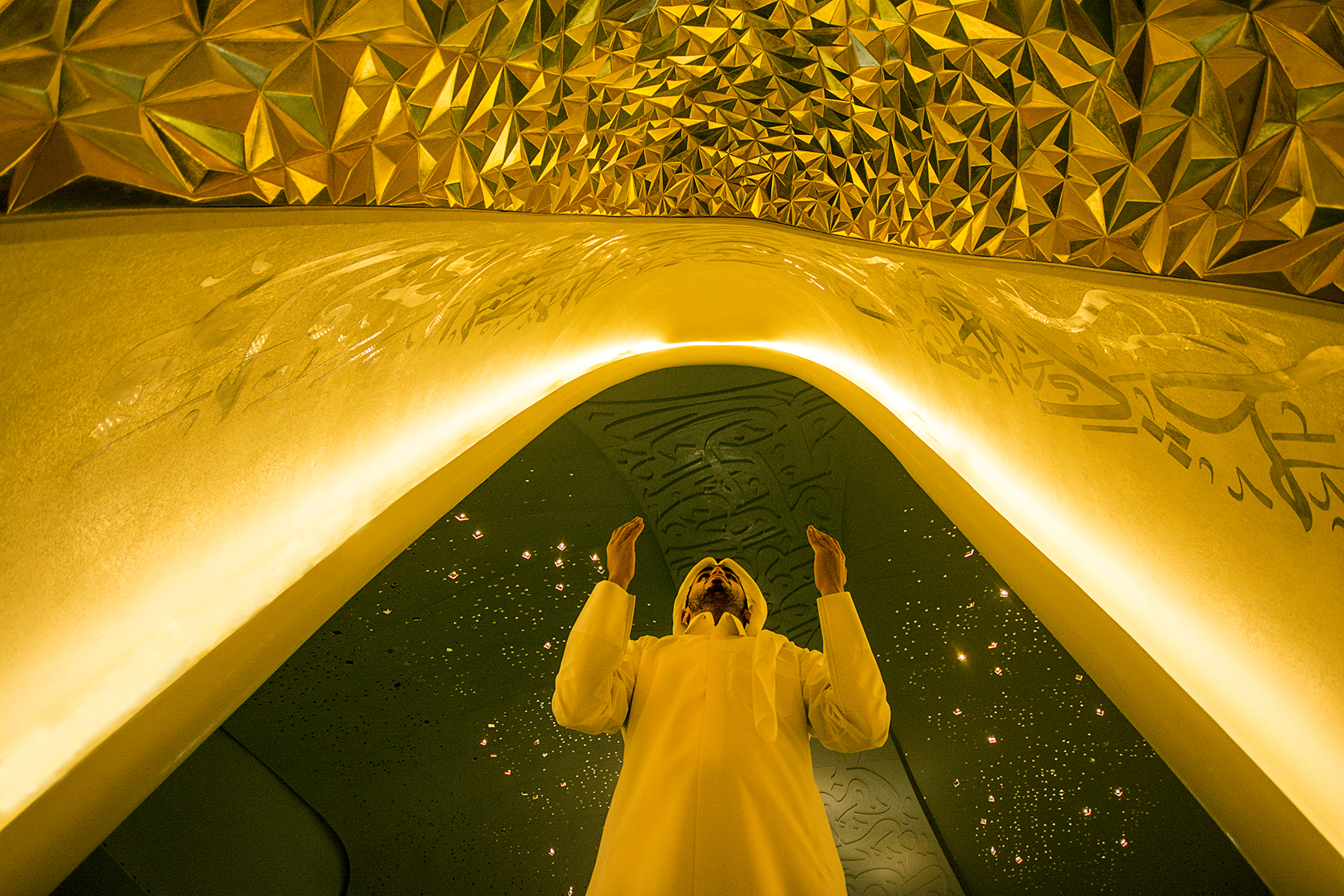
Qatar might be blockaded by its Gulf neighbors but the kingdom’s contemporary art and artists are welcome in the German capital. Qatar Museums is bringing the Qatar-Germany Year of Culture to a close with a grand finale next month, staging a huge, contemporary art exhibition in the heart of Berlin.
The venue is unusual. The exhibition “Contemporary Art – Qatar” will take place in a vast, former industrial plant better known as a venue for techno music and include 294 works from 73 artists. The old East German electrical power plant now also houses one of Berlin’s most famous techno clubs, Tresor. It is a rather unlikely location for the Middle Eastern nation, which has strict rules around drinking.
Kraftwerk Berlin. Courtesy Kraftwerk Berlin.
The exhibition, which will fill a space measuring around 7,500 square meters (over 80,000 square feet), is set to be the largest showcase of contemporary Qatari art so far. Khalid Al-Ibrahim, chief strategic planning office at Qatar Museums tells artnet News that the raw, industrial space was an ideal match for the range of works on view, and reflects the museum authority’s aim to nurture young talent.
The exhibition is due to open on December 9, a year before the launch of the long-anticipated Jean Nouvel-designed National Museum of Qatar in Doha, which is set to open in December 2018.
The French starchitect’s Louvre Abu Dhabi, a $1-billion dollar project, opened earlier this month in the nearby Emirate. (No mention was made in Abu Dhabi of Nouvel’s other grand project in the Gulf as the United Arab Emirate is part of the ongoing, Saudi Arabia-led blockade of Qatar.)
Nouvel’s National Museum of Qatar is as spectacular as his design for the Louvre Abu Dhabi. Tilted, sand-hued discs, which comprise the walls and the roof of the landmark building on the Doha waterfront refer to the so-called “desert rose,” crystal formations found in arid landscapes that look just like rose petals. The new national museum boasts 8,000 square meters of permanent gallery space and 2,000 square meters of temporary gallery space. Then there is a 220-seat auditorium, a 70-seat food forum, two cafés, a restaurant, and a museum shop. It also boasts a TV station. Unlike the Louvre Abu Dhabi on the largely undeveloped Saadiyat Island, the National Qatar Museum will be one of the first buildings tourists will see when they arrive at the airport in Doha.
National Museum of Qatar. Courtesy Qatar Museums.
Back in Berlin, and opening in two weeks, “Contemporary Art – Qatar” will be divided into three sections. “Articulating the Particular: Contemporary Visual Narratives” presents artistic responses and documentation of the transformation of society, traditional practices and contemporary identity, with 115 works by Qatari artists as well as international artists who have been based in the oil-and-gas rich kingdom.
“Cultural Exposures: Photography and Film from Qatar” is set to include work by Qatari photographers alongside photographers who visited Qatar as part of the previous “Year of Culture” exchanges with Brazil, Turkey, and China. In “Hey’Ya: Arab Women in Sport,” a selection of 28 portraits will be presented from a photography and video exhibition by Brigitte Lacombe and Marian Lacombe, which was commissioned by Qatar Museums in 2012 focusing on portraits and interviews of 90 Arab female athletes, 31 of whom are from Qatar.
Sara Al Obaidli’s Crystal Clear (2014). Courtesy Qatar Museums.
The Berlin show coincides with two exhibitions of German art and design in Doha: “Driven by German Design,” which traces the development of German design from the 1950s to the present day (on view at QM Gallery Al Riwaq until 14 January 2018), and “German Encounters: Contemporary Masterpieces from the Deutsche Bank Collection” (at Doha Fire Station until 20 January 2018).
Maryam Al-Boinin Equestrian, Courtesy of Brigitte Lacombe.